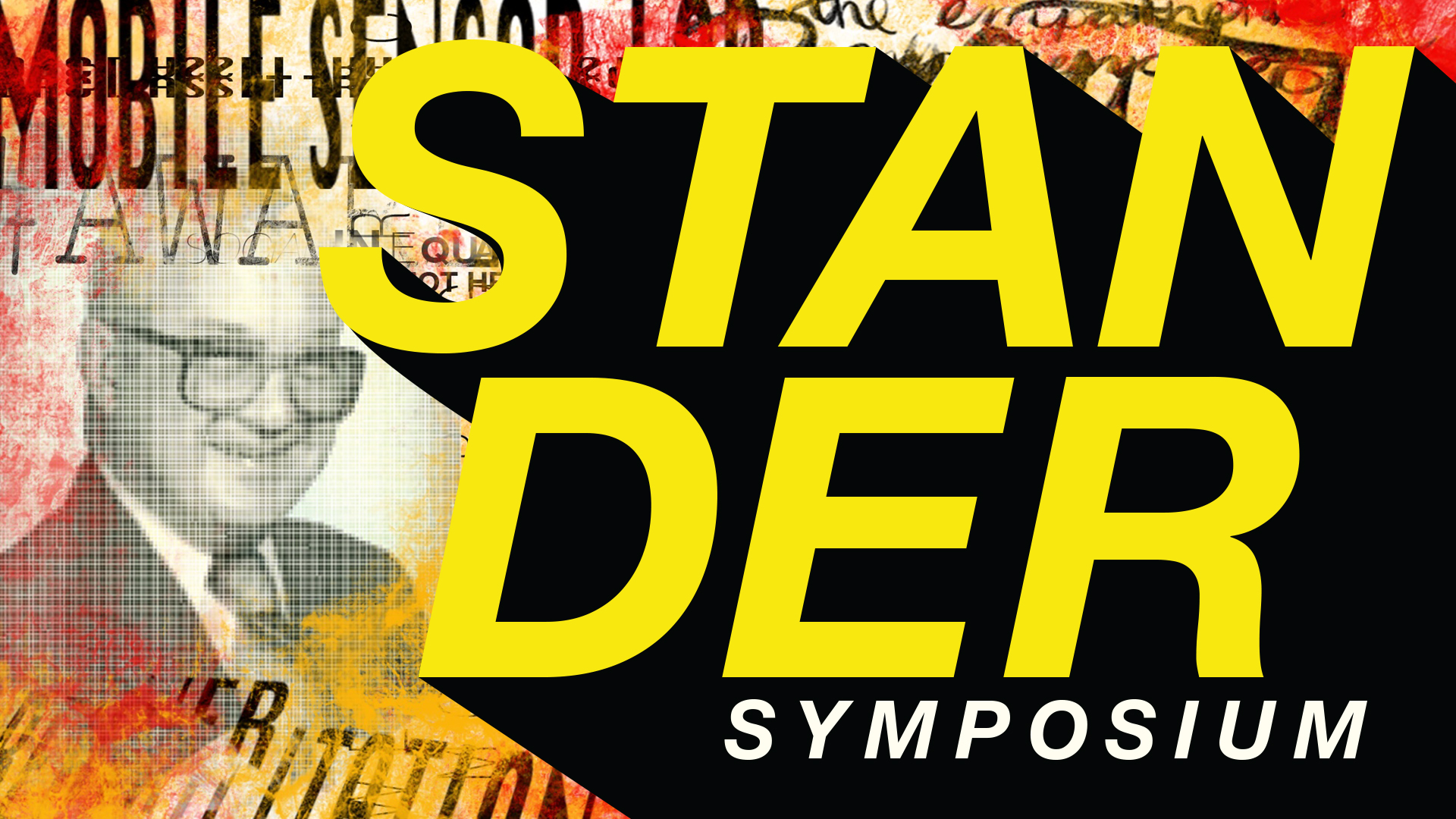On April 22, 2020, the Stander Symposium was held virtually in light of the COVID-19 pandemic. Students could share their work via live online presentation; recorded video presentation; making their work available for download; or a combination of these options.
This gallery contains projects from the 2020 Stander Symposium that are not affiliated with a particular academic unit.
-

Our Voices Matter: Stories from UD’s LGBTQ+ Students
Heather Ashley, Morgan Couture, Elizabeth Gallagher, Leo Holbrook, Brian Kizer, Christopher Peck, Christina Reynolds, Rebecca Trumbull, Angela Weiland
LGBTQ+ students often rely on their found families at college to be able to truly express their identities and have people who understand what they are going through. During a time of physical distancing, many students have been separated from their found families. In addition, they may be in spaces where they cannot freely express themselves or do not have a proper support system. Our Voices Matter highlights the voices of LGBTQ+-identifying students and their narratives. We have collected anonymously-submitted narratives pertaining to the themes of found family and community during the current pandemic. These will be shared by volunteer members of the LGBTQ+ community. Participants will have the opportunity to discuss the stories they have heard, and to identify ways they can act in solidarity with UD’s LGBTQ+ students. This is the third annual Our Voices Matter event, and the first year that it will be facilitated as a part of the Stander Symposium.
-

Storytelling as a Tool for Activism: Agroecology and Food Security in the Himalayas Case Study
Grace Scott, Emily Shanahan
Through the Global Flyers: India Program, Grace and Emily spent six weeks exploring the intersection of agriculture, globalization, climate change, food security, and culture in the context of rural agricultural communities of the Himalayas. Food, in addition to the literal life-giving nutrition it provides, is a vehicle for language, culture, familial traditions, and interpersonal relationships. Due to climate change, the commodification of food, and inattentive globalization, farmers have been increasingly forced from their land and livelihood, despite the immense benefits they provide, and replaced with industrial agriculture operations that act as cultural erasures. During their time in India, Grace and Emily collaborated with team members to conduct community meetings, interview farmers, and facilitate youth input to create community-based storybooks. Storytelling has been used for centuries to define social values and have a particularly potent psychological influence. How can we continue to use storytelling as a tool for advocacy, for issues both locally and abroad? Join us to interact with stories from Sikkim, India and discuss how we can use our own stories as a tool for activism.
-

Unlearning LGBTQ+ Implicit Biases on Campus
Morgan Couture
Just as prejudices are learned, they are also possible to “unlearn.” College is often the first opportunity students have to encounter LGBTQ+ themes and communities. Therefore, regardless of intentions, students are likely to act on biases they have formed prior to entering college. This can create a challenging environment for LGBTQ+ students to live and study in. Cognitive psychology research has identified successful strategies for reducing bias. This session proposes a customized digital learning module based on this research, aimed at helping UD students unlearn LGBTQ+ biases. This session will also be an opportunity to gain insight and feedback from stakeholders in preparation to implement this project on campus.



